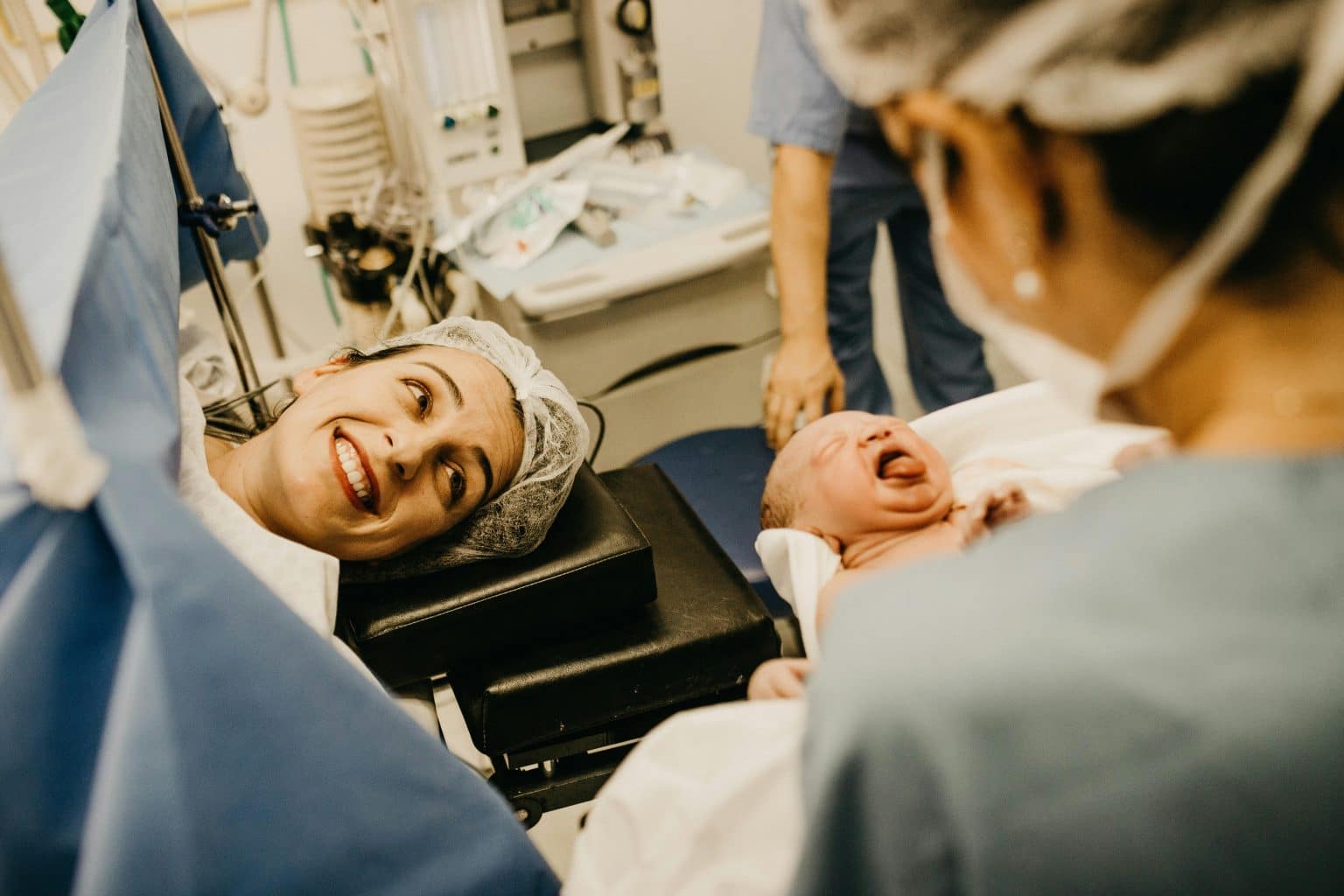Medical negligence during childbirth can have significant consequences for families. Healthcare providers must deliver appropriate care throughout pregnancy, labour, and delivery to protect both mother and baby. Understanding what constitutes negligence and knowing how to respond helps families protect their rights and secure necessary support.
Understanding Medical Negligence in Childbirth
Medical negligence occurs when healthcare professionals fail to provide care that meets acceptable medical standards, resulting in harm to the mother or baby. During childbirth, this might involve delayed responses to foetal distress, improper use of delivery instruments, or failures in monitoring vital signs.
Several situations may constitute negligence during labour and delivery:
Inadequate foetal monitoring can prevent medical staff from identifying signs of distress requiring immediate intervention. NHS guidelines specify clear protocols for monitoring both mother and baby throughout labour. Deviating from these established standards may indicate negligent care.
Delayed emergency caesarean sections despite clear medical necessity represent another form of potential negligence. When complications arise requiring surgical delivery, healthcare providers must act promptly to prevent oxygen deprivation or other injuries to the baby.
Steps to Take if You Suspect Negligence
If you suspect medical negligence, taking immediate and thorough action can help protect your interests and strengthen any potential claim. Start by requesting and securing copies of all relevant medical records, including prenatal care notes, labour and delivery documentation, and postnatal records. These documents are essential for identifying any deviations from standard medical practices.
Maintain a detailed account of your experiences throughout your maternity care. Include specific dates, times, and the names of healthcare providers involved. Record any complications or concerns discussed during conversations with medical staff, ensuring that all details are as precise as possible.
If your child has developed a condition like cerebral palsy that you believe may be linked to negligence during birth, consulting with specialist solicitors is a crucial step. There are solicitors who specialise in cerebral palsy negligence claims and can help evaluate your situation, gather evidence, and outline your legal options. Their expertise ensures families receive the guidance and support they need to pursue compensation for medical expenses, therapy, and long-term care. Taking these steps promptly not only safeguards your legal rights but also helps secure the resources necessary to support your child’s development and well-being.
Recognising the Signs of Medical Negligence
Healthcare providers must monitor specific indicators during childbirth that signal potential complications. Parents should be aware of concerning signs that might indicate negligent care. These include inadequate responses to:
Changes in the baby’s heart rate patterns outside normal ranges require prompt assessment and potential intervention. Medical staff should continuously monitor these vital signs and maintain clear documentation of their findings and actions taken.
Physical signs of distress during delivery need immediate attention. The medical team must recognise and respond to complications such as shoulder dystocia, where the baby’s shoulders become stuck, or signs of placental issues that could restrict oxygen flow to the baby.
Early recognition of developmental issues after birth remains critical. Signs that might indicate birth-related injuries include:
- Difficulties with feeding or swallowing
- Delayed motor skill development
- Muscle stiffness or unusual floppiness
- Seizures or tremors
- Missing developmental milestones
Empowering Families to Advocate for Better Care
Effective communication with healthcare providers strengthens patient safety. Families should feel confident asking questions about their care and raising concerns when something seems wrong. The NHS Patient Rights framework supports this active participation in healthcare decisions.
Creating written birth preferences helps clarify your expectations and medical requirements. While circumstances may require deviations from these preferences, healthcare providers should explain their decisions and obtain informed consent when possible.
Consider these practical steps for advocacy:
Request detailed explanations of any procedures or interventions proposed during labour and delivery. Healthcare providers should clearly explain the benefits, risks, and alternatives available.
Document all discussions with medical staff, particularly when expressing concerns about care. Note the date, time, and names of staff members involved in these conversations.
Seek support from independent advocates if needed. Patient liaison services within NHS trusts can help facilitate communication between families and healthcare providers.
Conclusion
Understanding medical negligence enables families to advocate for quality care and take appropriate action when standards fall short. While most UK births proceed safely, awareness of potential issues helps protect both mother and baby during this critical time.
Healthcare standards continue improving through active family participation and accountability. Parents who understand their rights and responsibilities contribute to safer maternity care for everyone. By maintaining detailed records, asking informed questions, and seeking appropriate support when needed, families strengthen their position to address potential negligence.
Taking action serves both individual families and broader patient safety. Each case that highlights preventable errors helps medical teams refine their practices and implement stronger safeguards. This creates positive changes in maternity care standards across the NHS.

